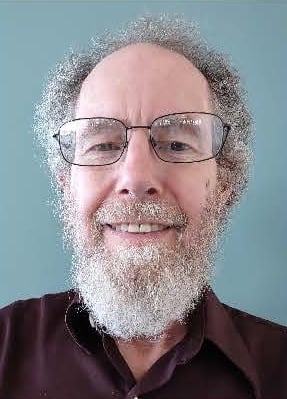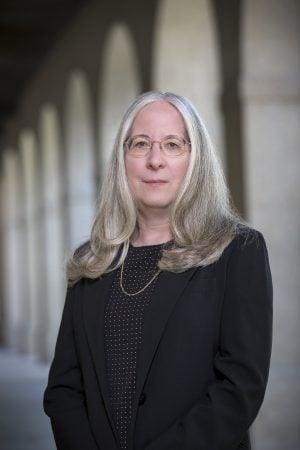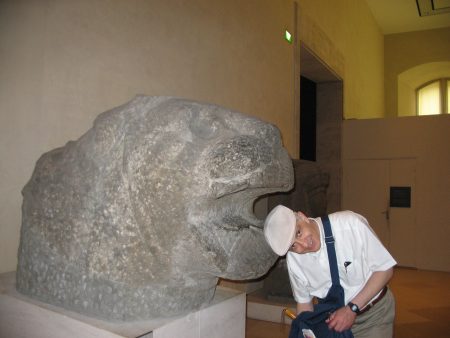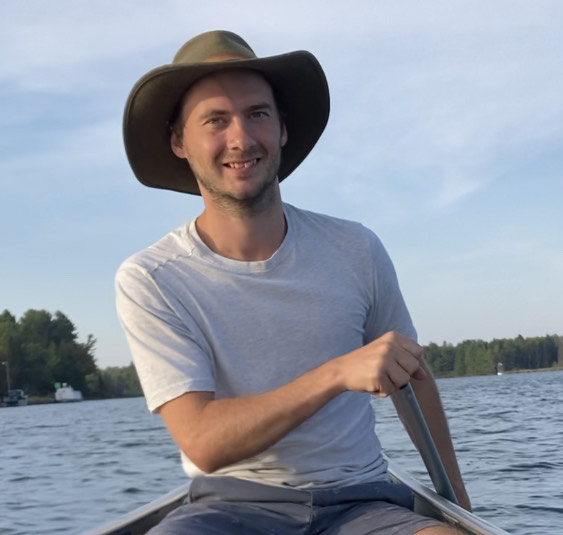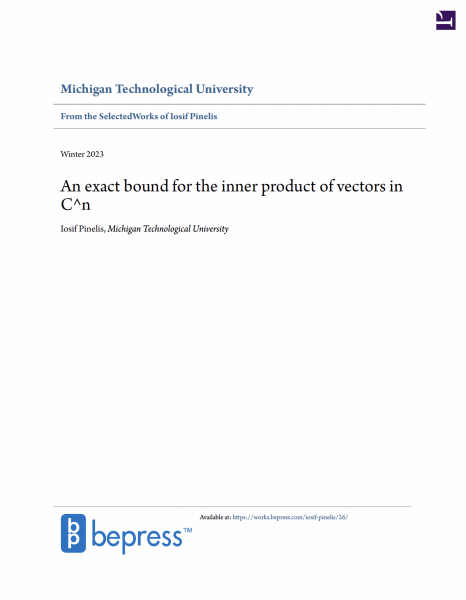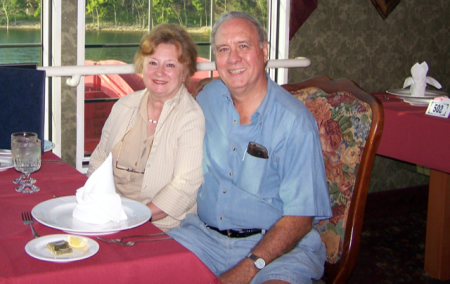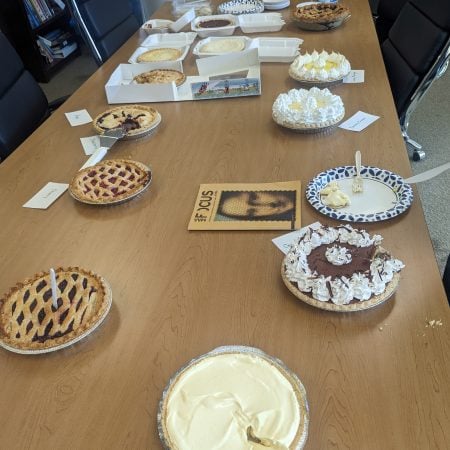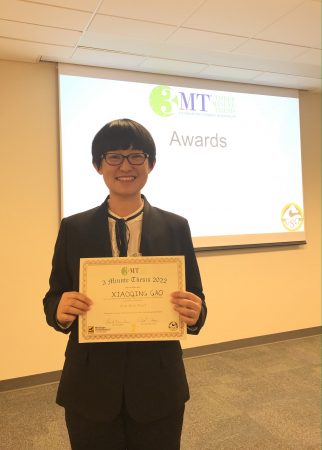We’re delighted to welcome Dr. Bruce Sagan from Michigan State University to deliver the eighth of our Kliakhandler Lectures.
Dr. Sagan specializes in enumerative, algebraic, and topological combinatorics, with his book “The Symmetric Group” being considered a classic. He has published over 100 research papers, and given over 300 talks in North America, Europe, Asia, and Australia. These included keynote addresses at the International Conference on Formal Power Series and Algebraic Combinatorics (2006), the British Combinatorial Conference (2011), and Permutation Patterns (2015). Dr. Sagan is also a folk musician playing music from Scandinavia, England, and Bulgaria on traditional instruments. He has recorded four albums, is working on a fifth album, and has composed over 30 tunes.
Dr. Sagan presents the public Kliakhandler Lecture Thursday, October 9 at 5 p.m. in Fisher Hall 138. The lecture (5–6 p.m.) will be followed by an interactive Q&A session with the speaker (6–7 p.m.).
